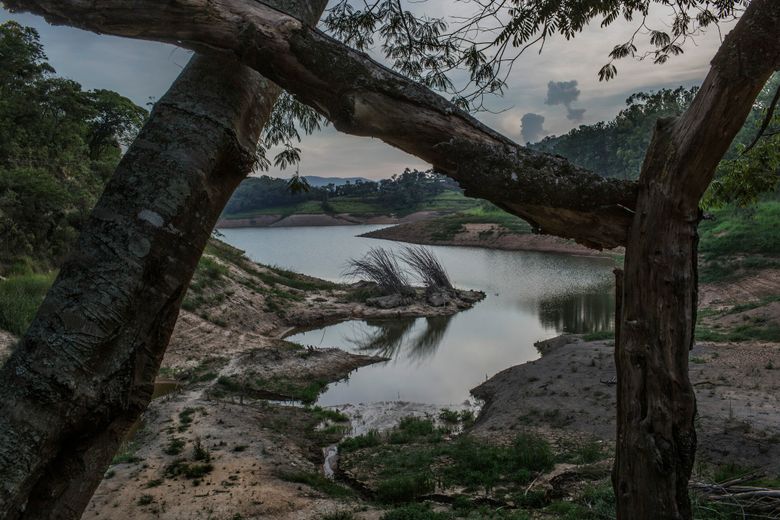BUENOS AIRES, Argentina — An Argentinian judge has dismissed the case against Argentina President Cristina Fernández de Kirchner, who allegedly shielded Iranian officials from prosecution over the 1994 bombing of a Buenos Aires Jewish centre.

Prosecutors had sought to relaunch the case against Fernández that was being brought by their late colleague Alberto Nisman, who died mysteriously last month after accusing Fernández of protecting Iranians suspected of ordering the deadly bombing at the Argentinian Jewish Mutual Association.
However, Judge Daniel Rafecas said on Thursday that documents originally filed by Nisman failed to meet standards needed to open a formal court investigation. The Judge noted that Nisman failed to meet “the minimal conditions needed to launch a formal court investigation.”
“I dismiss the case because no crime was committed,” Rafecas said.
The late prosecutor was found with a fatal gunshot wound to the head in his bathroom on 18 January 2015, four days after he filed a report that accused Iran of ordering the attack via the Lebanese militant group Hezebollah, and alleging that Fernández was trying to shield Iranian officials from prosecution in exchange for oil.
Nisman’s death was initially ruled a suicide, but soon afterwards suspicion fell on Fernández’s government for orchestrating Nisman’s murder.
Even Fernández herself suggested the prosecutor was manipulated by upset former intelligence agents who then killed him to further smear her reputation.
Before the decision on Thursday, Argentinian MPs passed a bill to reform the country’s intelligence service, which Fernández recently suggested had strayed from civilian control.
Fernández says the new state security body established under the legislation will be held more accountable. But opponents say the legislation does little more than change the name of the spy agency and has been rushed through Congress. The opposition boycotted some of the debate.
The chamber of deputies approved the bill by a majority of 131 to 71 after an overnight debate. Fernández now has to sign the bill, which she is expected to do in the coming days.
The long-unsolved bombing at the Argentinian Jewish Mutual Association killed 85 people and wounded 300.
For more information, please see:
the guardian – Argentina judge dismisses bombing cover-up case against president – 26 Feb. 2015
Fox News Latino – Judge throws out case alleging Argentina’s president was behind Iran cover up – 26 Feb. 2015
CBS News – Judge announces decision on Argentina cover-up case – 26 Feb. 2015
The Tribune – Victory for Argentine leader: Judge rejects cover-up case – 26 Feb. 2015


